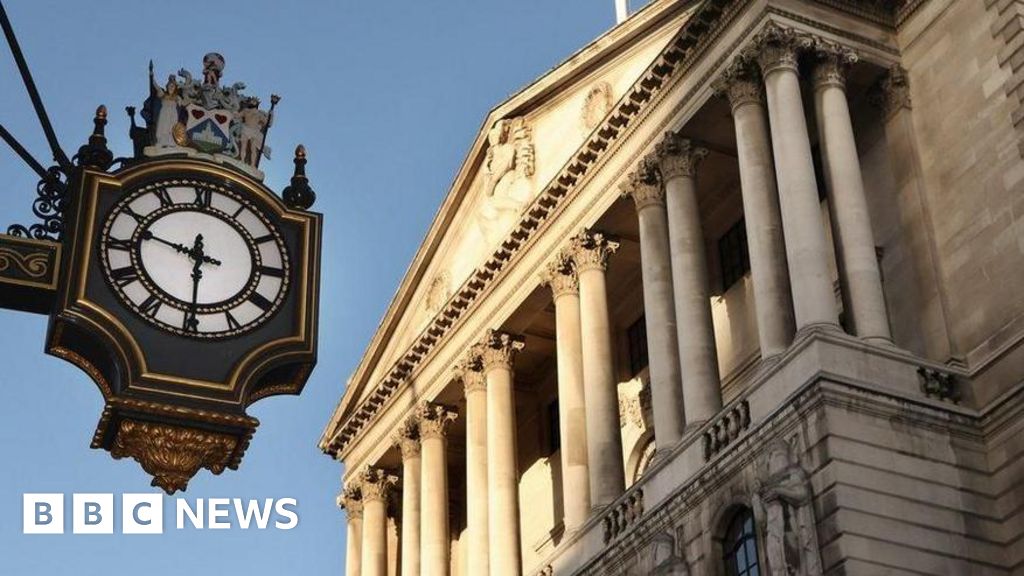UK interest rates will remain at 4.75% after the Bank of England voted to hold borrowing costs.
While the Bank voted to keep rates unchanged, three members of the nine-member rate-setting committee wanted to reduce it to 4.5%.
The Bank now thinks the economy will have performed worse than expected between October and December, leading it to seriously consider a rate cut.
It suggests rates are still on course to fall gradually next year, with the first cut possibly coming in February.
Commenting on the decision, Bank governor Andrew Bailey said: “We think a gradual approach to future interest rate cuts remains right but with the heightened uncertainty in the economy we can’t commit to when or by how much we will cut rates in the coming year.”
One of the Bank’s deputy governors, Dave Ramsden, was among those pointing to “sluggish demand” and a “weakening labour market”.
While recent data showed that both inflation and wage growth were higher, the economy is struggling. In November, the Bank had forecast growth of 0.3% but it now expects 0%.
It also downgraded its expectations for the July to September period.
The revisions will be a blow to Labour which has made boosting economic growth its top priority.
It has promised to deliver the highest sustained economic growth in the G7 group of rich nations.
In the minutes from the meeting, the Bank said there was uncertainty “around how the measures that had been announced in the autumn Budget were affecting growth”.
In the Budget, Chancellor Rachel Reeves announced £40bn worth of tax rises, the majority of which will come from an increase in National Insurance contributions from employers.
By the time of the Bank’s next decision in February, it will have more data on the impact of the Budget changes, as well as the incoming US administration’s trade tariff policies.
